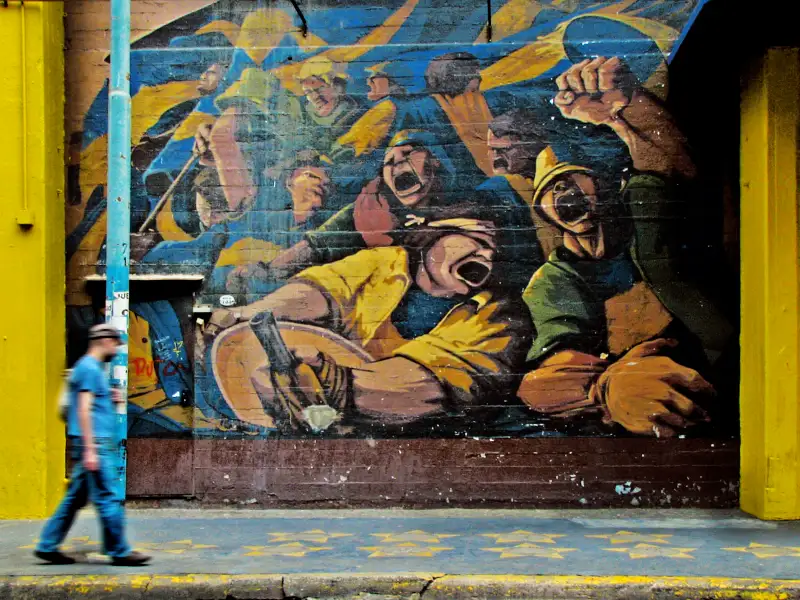In sociology, the Marxist concept of the Proletariat is a fundamental aspect of Karl Marx’s theory of class struggle and the dynamics of capitalism. The Proletariat refers to the working class, who do not own the means of production and are therefore dependent on selling their labor power to the bourgeoisie, the capitalist class. This article aims to outline and explain the Marxist concept of the Proletariat, its role in society, and its significance in the context of Marxism.
The Proletariat as the Working Class
Marx argued that society is divided into social classes based on their relationship to the means of production. The Proletariat, or the working class, is the class that sells its labor power to the bourgeoisie in exchange for wages. The Proletariat includes individuals who work in factories, mines, and other industries, as well as those in service occupations.
According to Marx, the Proletariat is characterized by its lack of ownership of the means of production. This lack of ownership places the Proletariat in a vulnerable position, as they are dependent on the bourgeoisie for employment and survival. The Proletariat’s only source of income is their labor, which they sell to the bourgeoisie in order to make a living.
The Role of the Proletariat in Society
In Marx’s analysis, the Proletariat plays a crucial role in the capitalist system. The Proletariat’s labor is the source of value and wealth in society, as it is through their work that goods and services are produced. However, the Proletariat does not receive the full value of their labor. Instead, they are paid a wage that is often insufficient to meet their basic needs.
Marx argued that the surplus value created by the Proletariat’s labor is appropriated by the bourgeoisie, who profit from the sale of goods and services. This exploitation of the Proletariat by the bourgeoisie is a key feature of capitalism, according to Marx. The Proletariat’s labor power is commodified and treated as a resource to be bought and sold, rather than as a human capacity with inherent worth.
Furthermore, Marx believed that the Proletariat’s position within the capitalist system would lead to their alienation from their work and themselves. As workers are treated as mere cogs in the capitalist machine, their labor becomes a means of survival rather than a fulfilling and meaningful activity. This alienation contributes to the Proletariat’s dissatisfaction with their conditions and their potential for collective action.
The Significance of the Proletariat in Marxism
The Proletariat holds great significance in Marxism as the class that has the potential to overthrow the capitalist system. Marx believed that the Proletariat, due to their shared experiences of exploitation and alienation, would develop class consciousness and unite in a revolution against the bourgeoisie.
Marx envisioned that the Proletariat’s struggle for emancipation would lead to the establishment of a classless society, where the means of production are collectively owned and controlled. This would mark the end of capitalism and the beginning of socialism or communism, where the Proletariat would no longer be exploited and would have control over their own labor and the fruits of their work.
However, it is important to note that the concept of the Proletariat as the revolutionary class has been subject to criticism and revision within Marxist theory. Some argue that changes in the nature of work and the emergence of new social groups have challenged the traditional understanding of the Proletariat as the sole agent of social change.
Conclusion
The Marxist concept of the Proletariat is a key element of Marx’s theory of class struggle and the dynamics of capitalism. The Proletariat, as the working class, plays a vital role in the capitalist system by providing the labor that creates wealth. Their exploitation and alienation form the basis for their potential revolutionary consciousness and collective action. Understanding the Proletariat is essential for comprehending the Marxist critique of capitalism and the vision of a classless society.





